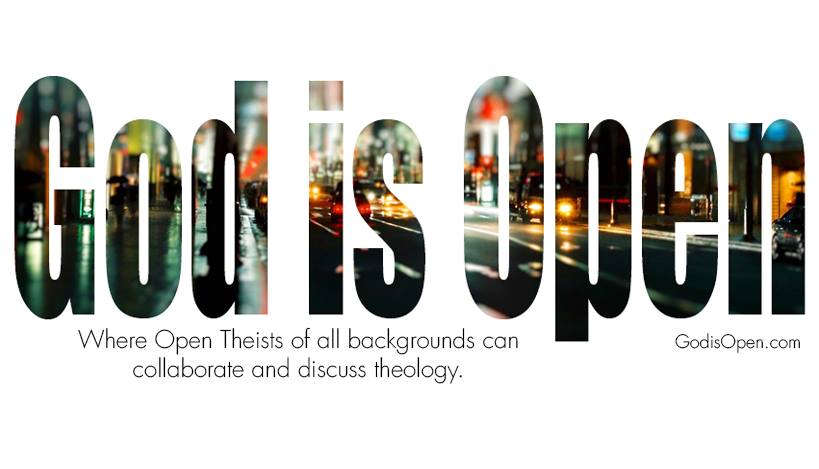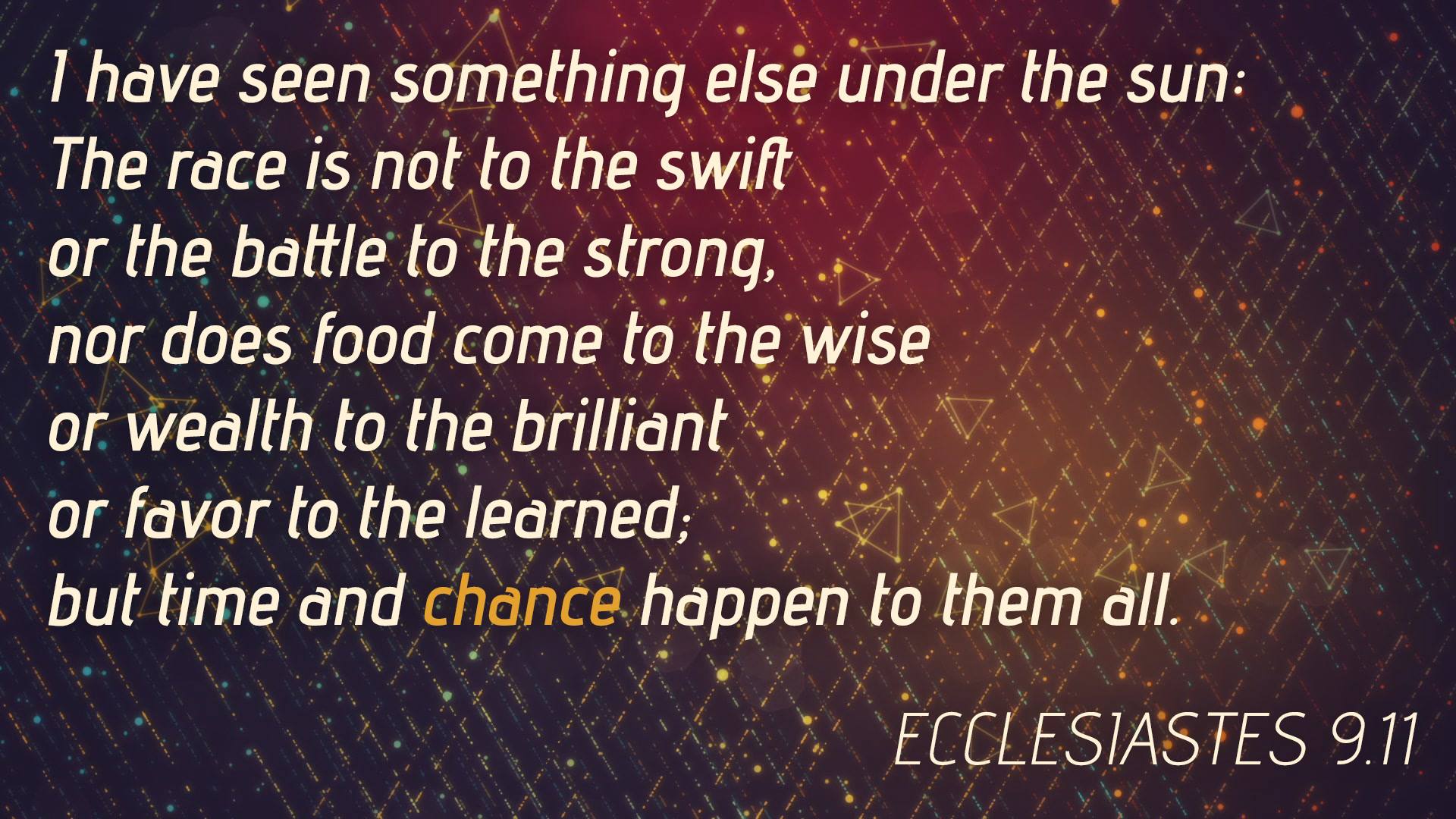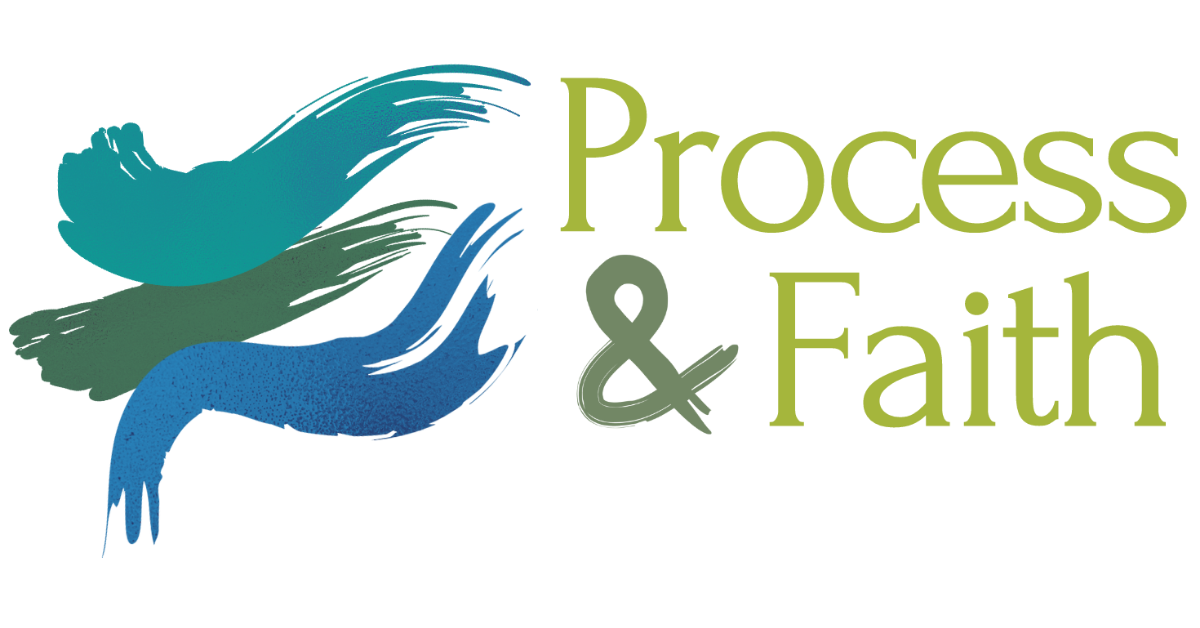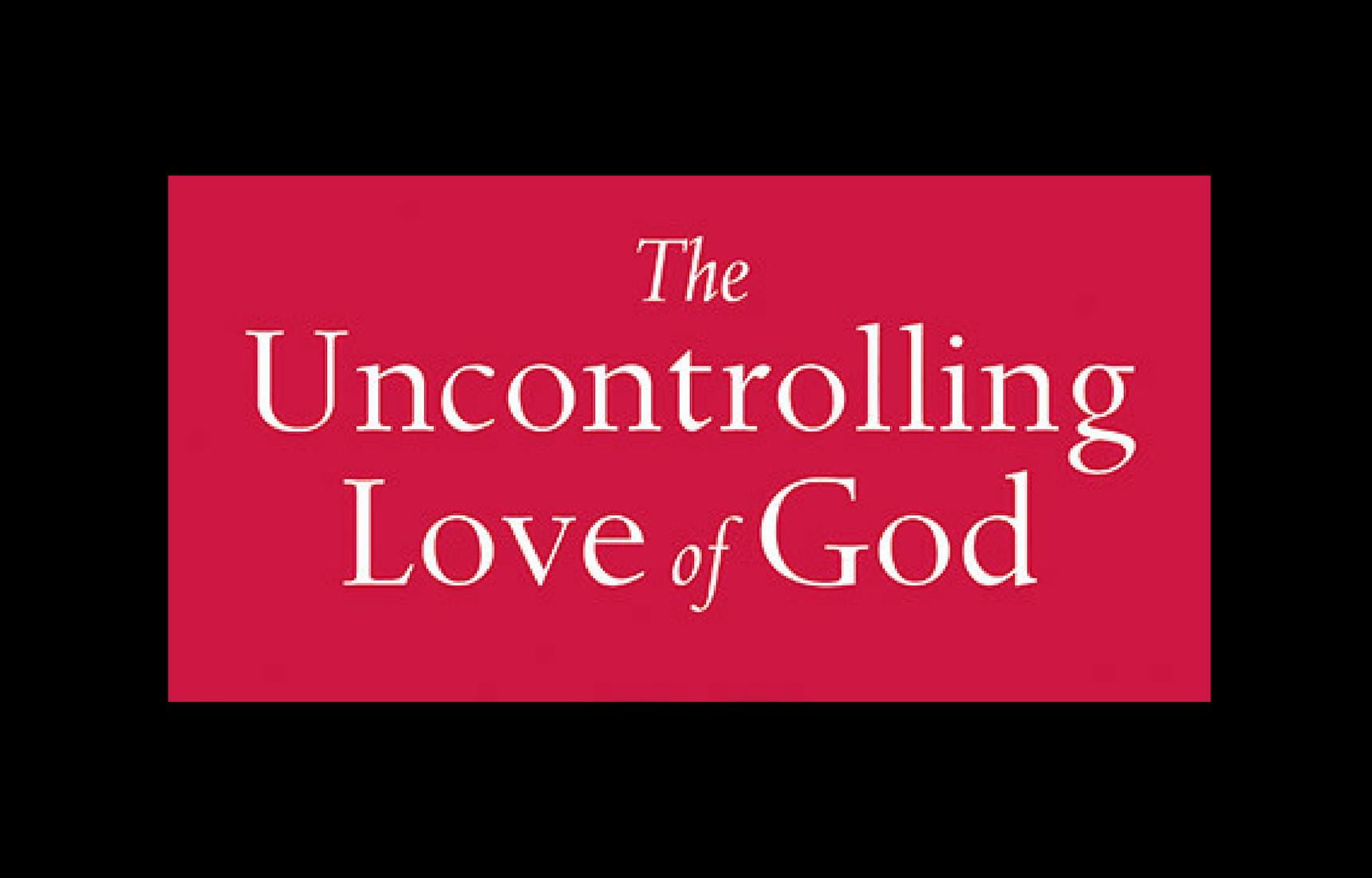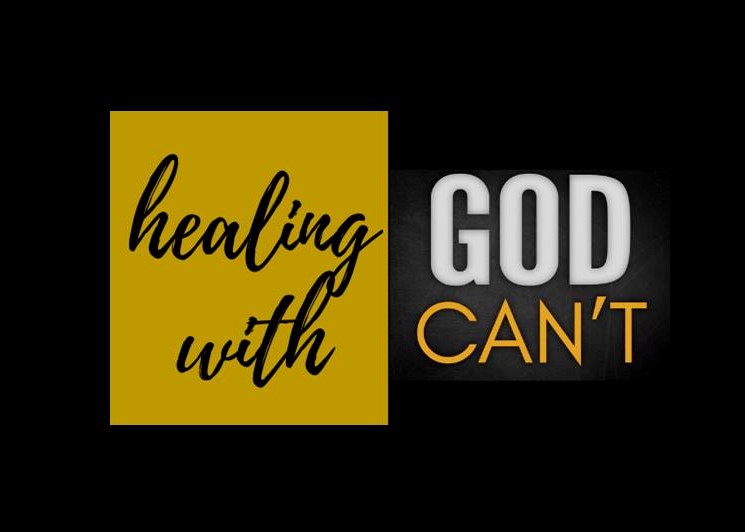"God loves to Trust" says holtzen. Explains that the God of open theism trusts and explores the implications in philosophy and theology.
Standing in the tradition of theologians such as John Sanders, who argued that God is one who risks, Wm. Curtis Holtzen contends that God is not merely trustworthy or faithful, but that God is also one who trusts and has faith. According to Holtzen, because God is a being of relational love and exists in relationship with humans, who can freely choose to follow God, then God is a God who trusts.
Such an argument might challenge our notion of who God is, yet Holtzen argues that understanding the relationship between divine trust and human faith can give us a fuller, truer picture of who God is and who we are.

Part one surveys the history, criticism, and diversity of views within open theism while part two applies it to various theological topics. Open theism has reached its adolescence. How did it get here? And where does it go from here? Since IVP's publication of The Openness of God in 1994, evangelical theology has grappled with the alternative vision of the doctrine of God that open theism offers. Responding to critics who claim that it proposes a truncated version of God that fails to account for Scripture and denies many of the traditional attributes of God, open theism's proponents contend that its view of God is not only biblically warranted but also more accurate―with a portrayal of God that emphasizes divine love for humanity and responsiveness to human free will. No matter what one's assessment, open theism inarguably has made a significant impact on recent theological discourse. Now, twenty-five years later, Richard Rice recounts in this volume the history of open theism from its antecedents and early developments to its more recent and varied expressions. He then considers different directions that open theism might continue to develop in relation to several primary doctrines of the Christian faith.

Weaves together biblical, theological, and philosophical reasons for a God who loves creatures and seeks to elicit their cooperation but does not micro manage them.
If God is all-knowing and all-powerful, can he in any way be vulnerable to his creation? Can God be in control of anything at all if he is not constantly in control of everything? John Sanders says yes to both of these questions. In The God Who Risks, he mounts a careful and challenging argument for positive answers to both of these profound theological questions. In this thoroughly revised edition, Sanders clarifies his position and responds to his critics. His book will not only contribute to serious ongoing theological discussion but will enlighten pastors and laypersons who struggle with questions about suffering, evil and human free will.
"God, in grace, grants humans significant freedom" and enters into relationship with a genuine "give-and-take dynamic."
Voted one of Christianity Today's 1995 Books of the Year
The Openness of God presents a careful and full-orbed argument that the God known through Christ desires "responsive relationship" with his creatures. While it rejects process theology, the book asserts that such classical doctrines as God's immutability, impassibility and foreknowledge demand reconsideration.
The authors insist that our understanding of God will be more consistently biblical and more true to the actual devotional lives of Christians if we profess that "God, in grace, grants humans significant freedom" and enters into relationship with a genuine "give-and-take dynamic."
The Openness of God is remarkable in its comprehensiveness, drawing from the disciplines of biblical, historical, systematic and philosophical theology. Evangelical and other orthodox Christian philosophers have promoted the "relational" or "personalist" perspective on God in recent decades. Now here is the first major attempt to bring the discussion into the evangelical theological arena.
A through an examination of relevant biblical passages, this theologian-pastor presents an alternative “open view” to the classical doctrine on God's foreknowledge of the future.
Clark Pinnock argues that we need to have a view of God centered on God’s open, relational, and responsive love for his creation.
In 1994, Clark Pinnock along with four other scholars published The Openness of God, which set out a new evangelical vision of God centered on his open, relational, and responsive love for creation.
Since then, dozens of books and articles have been written to discuss the open view of God. It has become a major subject of debate within the Evangelical Theological Society, and Christianity Today has called for ongoing study of the subject by both classical theists and openness theologians. Now Pinnock, in an effort to continue ongoing conversation, returns with Most Moved Mover to defend the open view of God against criticism.
Most Moved Mover, the most passionate and articulate defense of openness theology to date, begins with an analysis of the heated debate sparked by the publication of The Openness of God. Pinnock then clears up misconceptions about openness theology, points out areas of agreement between classical and openness theologians, and lays the groundwork for future discussions.
From an insider's perspective, Pinnock takes readers deep into the openness debate that is shaking the evangelical movement, detailing reactions and replies from thinkers as diverse as Millard Erickson, Greg Boyd, and John Polkinghorne.
Most Moved Mover is sure to inform all evangelicals, regardless of their viewpoint, of the latest developments concerning the open view of God movement. It will be required reading in the academy and for church leaders who want to keep current with the ongoing evangelical debate about God's nature and attributes.
Can God intervene in this world, and if so, to what extent? If God intervenes, can we initiate such intervention by prayer? And if God can intervene, why is evil so persistent?
Taking up such practical but profound questions, a coauthor of the much-discussed The Openness of God here offers a probing philosophical examination of freewill theism. This controversial view argues that the God of Christianity desires "responsive relationship" with his creatures. It rejects process theology, but calls for a reassessment of such classical doctrines as God's immutability, impassibility and foreknowledge.
David Basinger here especially considers divine omniscience, theodicy and petitionary prayer in freewill perspective. His careful and precise argument contributes to a growing and important discussion within orthodox Christian circles.

This book is a thought-provoking study of some issues concerning the historic Calvinist/Arminian debate. Does God know absolutely everything that's going to happen? Can He foresee future moral choices and actions which have not yet been made? If one's future responses and behavior are totally foreknowable, is she truly free? Dr. Richard Rice explores these and other fascinating questions which have sometimes divided Christians. The author gives new perspective on one of the most fundamental issues of the Christian faith: the relationship of God to His creation and the reality and extent of human freedom. Carefully scrutinizing the Scriptures on this subject, the author challenges the reader to examine for himself this critical issue of theology. With strong theological background and sound biblical scholarship, Dr. Rice presents his viewpoint in a convincing and readable style.

Terence Fretheim deals with the ideas of a God in the midst of his creation, of opening himself up to his creation allowing himself to be hurt by that creation, and a God who empowers his creation and desires his creation to work alongside him. The book focuses on the theme of divine suffering, an aspect of our understanding of God which both the church and scholarship have neglected. Maintaining that "metaphors matter," Fretheim carefully examines the ruling and anthropomorphic metaphors of the Old Testament and discusses them in the context of current biblical-theological scholarship. His aim is to broaden our understanding of the God of the Old Testament by showing that "suffering belongs to the person and purpose of God".

Sparked by the openness of God movement, the authors irenically debate over the nature of God and divine providence. John Sanders (Ph.D., University of South Africa) is professor of religion and theology at Huntington College. He is the author of The God Who Risks and coauthor of The Openness of God. Christopher A. Hall (Ph.D., Drew University) is associate professor of biblical and theological studies at Eastern College. He is an editor at large for Christianity Today and author of Reading Scripture with the Church Fathers.
As Mike Saia masterfully demonstrates in this work, the traditional perspective is at odds with major portions of the biblical witness. For example, Scripture frequently depicts God as speaking and thinking about the future in terms of what may or may not be, not in terms of what will certainly be.

Providence, Evil and the Openness of God is a timely exploration of the philosophical implications of the rapidly-growing theological movement known as open theism, or the 'openness of God'. William Hasker, one of the philosophers prominently associated with this movement, presents the strengths of this position in comparison with its main competitors: Calvinism, process theism, and the theory of divine middle knowledge, or Molinism. The author develops alternative approaches to the problem of evil and to the problem of divine action in the world. In particular, he argues that believers should not maintain the view that each and every evil that occurs is permitted by God as a means to a 'greater good'. He contends that open theism makes possible an emphasis on the personalism of divine-human interaction in a way that traditional views, with their heavy emphasis on divine control, cannot easily match. The book concludes with a section of replies to critics, in which many of the objections levelled against open theism are addressed.

This is a very competent, thorough analysis of the conflict between free will and divine foreknowledge (or, on some accounts, timeless divine knowledge of our future). It is exceptionally clear.
In God, Time, and Knowledge, William Hasker explores the major issues concerning God's knowledge of the future in relation to time and human freedom: divine foreknowledge, middle knowledge, and divine timelessness. Although he focuses on discussions that have taken place within analytic philosophy in the last thirty years, Hasker also places the issues within the context of the history of philosophical and theological reflection on these matters.
Proceeding from a libertarian standpoint, Hasker begins by providing a series of arguments against the possibility of middle knowledge. He next considers and rejects all of the major methods by which the compatibility of foreknowledge and freedom have been defended: the contention that facts about God's past beliefs are soft (or relational) facts about the past, the claim that we have counterfactual power over the past, and the belief that we have the power to bring about or even cause past events. Hasker then carefully examines the notion of God as timelessly eternal and finds it provisionally intelligible; nevertheless, he charges that the doctrine of divine timelessness is inadequately motivated apart from the Augustinian-Neoplatonic metaphysics that was its historical source. He concludes by arguing for a view according to which the future is open and divine providence involves risk-taking.
Lucidly and engagingly written, God, Time, and Knowledge is a significant contribution to the contemporary debate over freedom and foreknowledge. It will generate discussion and controversy among philosophers of religion, metaphysicians, and theologians.

Various essays explore subjects ranging from physics to prayer, from special relativity to divine providence, from metaphysics to evolution, and from space-time to God. Since its inception, the discussion surrounding Open Theism has been dominated by polemics. On crucial philosophical issues, Openness proponents have largely been devoted to explicating the underlying framework and logical arguments supporting their perspective against competing theological and philosophical perspectives. As a result, very little constructive work has been done on the interconnections between Open Theism and the natural sciences. Given the central place of sciences in today's world, any perspective that hopes to have a broad impact must necessarily address such disciplines in a sustained and constructive manner. To date such engagements from the Openness perspective have been rare. God in an Open Universe addresses this deficiency. This book demonstrates that Open Theism makes a distinctive and highly fruitful contribution to the conversation and constructive work occurring between philosophy, theology, and the sciences. The various essays explore subjects ranging from physics to prayer, from special relativity to divine providence, from metaphysics to evolution, and from space-time to God. All who work at the intersection of theology and the sciences will benefit greatly from these essays that break new ground in this important conversation.

Open Theology offers an advantageous framework for engaging the sciences. With its emphasis upon creaturely freedom, relationality, realist epistemology, and love, Open Theology makes a fruitful dialogue partner with leading fields and theories in contemporary science. In Creation Made Free, leading proponents of open theism explore natural and social scientific dimensions of reality as these dimensions both inform and are informed by Open Theology. Important themes addressed include evolution, creation ex nihilo, emergence theory, biblical cosmology, cognitive linguistics, quantum theory, and forgiveness.

Fretheim brings theology into conversation with such fundamental issues as ethics, suffering, ecology, and God’s interaction with the world. Fretheim presents here the Old Testament view of the Creator God, the created world, and our role in creation. Beginning with "The Beginning," he demonstrates that creation is open-ended and connected. Then, from every part of the Old Testament, Fretheim explores the fullness and richness of Israel's thought regarding creation: from the dynamic created order to human sin, from judgment and environmental devastation to salvation, redemption, and a new creation.
Suffering is a philosophical problem, but it is much more. It is deeply personal. Why is this happening to me? How can I respond to friends and family in pain and loss, and to people in my care?
Richard Rice guides readers through the seven most significant theodicies―approaches that have been used to make sense of suffering in light of God's justice or control. He considers the strengths and weaknesses of each option, while always guiding us toward greater understanding and compassion. Rice goes further by offering guidelines for constructing a personal framework for dealing practically with suffering, one that draws from philosophy, ethics, theology and real-world experience.
Intending for each of us to find a response to our suffering that is both intellectually satisfying and personally authentic, Rice provides the resources for meeting this challenge. He weaves together the theoretical side of the theodicies with personal stories of people who have experienced great suffering. While no framework can perfectly account for the problem of pain, we are left with the overarching insight that suffering never has the final word.



































